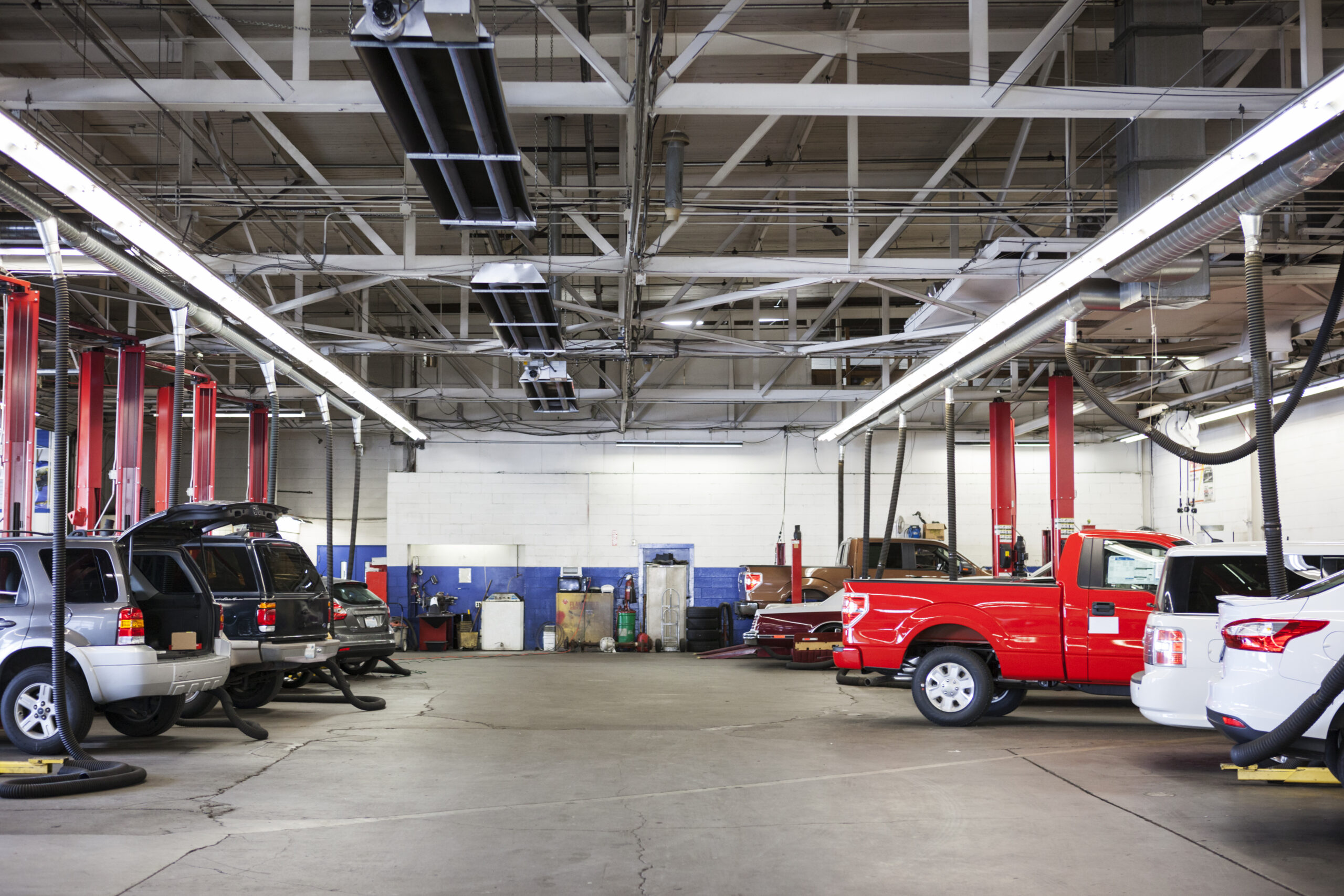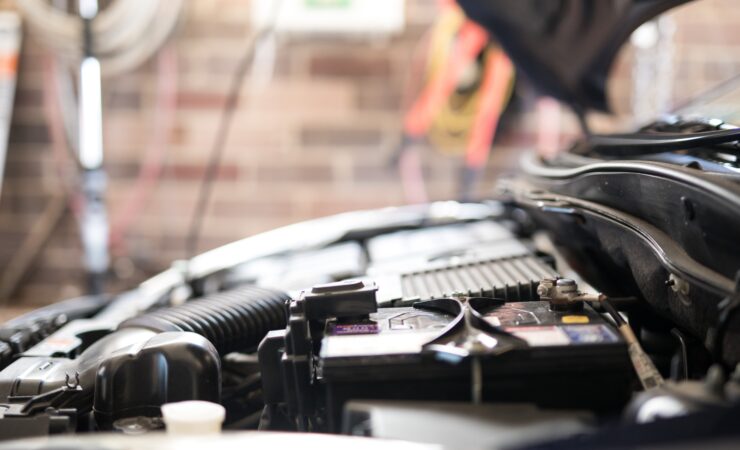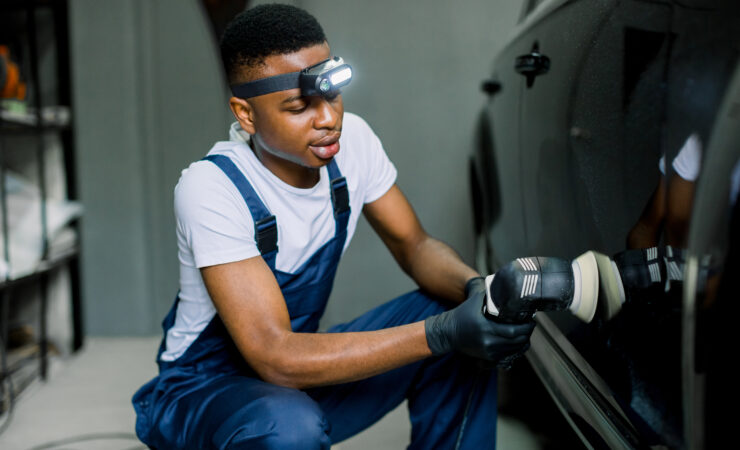Your car’s electrical system is its central nervous system, responsible for powering everything from the headlights and radio to the engine control unit and safety features. A complex network of wires, fuses, relays, sensors, and computers, the electrical system is essential for the operation and comfort of your modern vehicle. Understanding how it works and how to maintain it can save you from unexpected breakdowns and costly repairs.
The Electrical System’s Powerhouse: The Battery
At the heart of your car’s electrical system is the battery. It stores electrical energy and provides the initial power needed to start the engine. Once the engine is running, the alternator takes over, generating electricity to recharge the battery and power all the electrical components in your car.
Key Components of Your Car’s Electrical System
- Alternator: The alternator is a generator that converts mechanical energy from the engine’s rotation into electrical energy. It keeps the battery charged and powers the electrical system while the engine is running.
- Starter Motor: The starter motor is an electric motor that cranks the engine to start it. It draws a large amount of current from the battery during starting.
- Fuses and Relays: Fuses protect electrical circuits from overloads, while relays act as switches, controlling the flow of electricity to various components.
- Wiring Harness: The wiring harness is a bundle of wires that connects all the electrical components in your car.
- Sensors: Sensors monitor various aspects of your car’s operation, such as engine temperature, speed, and throttle position. This information is sent to the engine control unit (ECU), which uses it to adjust engine performance and other functions.
- Engine Control Unit (ECU): The ECU is the brain of your car’s electrical system. It receives input from various sensors and controls engine functions like fuel injection, ignition timing, and emissions control.
Common Electrical System Problems
- Dead Battery: A dead battery can be caused by a faulty alternator, leaving lights on, or simply an old battery.
- Dimming Lights: If your headlights dim when idling or using other electrical accessories, it could be a sign of a charging system problem.
- Electrical Shorts: A short circuit can occur when wires are damaged or come into contact with metal, causing fuses to blow or components to malfunction.
- Faulty Sensors: A faulty sensor can send incorrect information to the ECU, leading to poor engine performance, reduced fuel efficiency, or even a check engine light.
Maintaining Your Car’s Electrical System
- Regular Battery Testing: Have your battery tested regularly, especially if it’s more than three years old.
- Clean Battery Terminals: Corrosion on battery terminals can disrupt the flow of electricity.
- Inspect Wiring and Connections: Check for loose or damaged wires and connections, and have them repaired promptly.
- Replace Fuses as Needed: If a fuse blows, replace it with a new one of the same amperage rating.
- Schedule Regular Checkups: Have your electrical system inspected by a qualified technician during routine maintenance.
Total Auto Care: Your Electrical System Experts
At Total Auto Care, we have the expertise and specialized equipment to diagnose and repair all types of electrical system problems. Our technicians can test your battery, alternator, and starter motor, inspect wiring and connections, and troubleshoot complex electrical issues. We’ll keep your car’s electrical system in top condition, ensuring reliable operation and preventing unexpected breakdowns.




